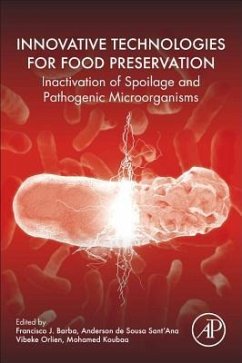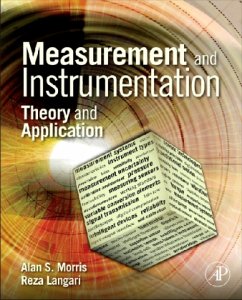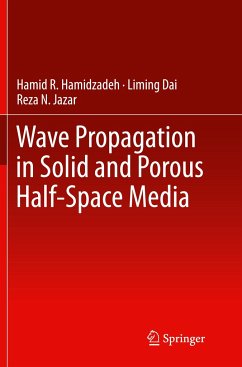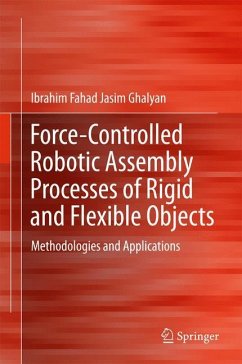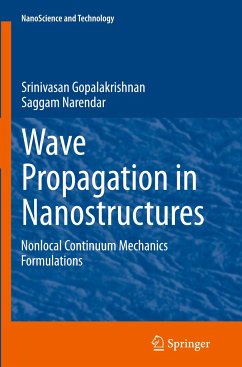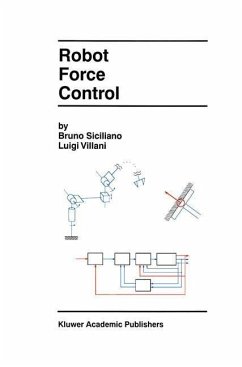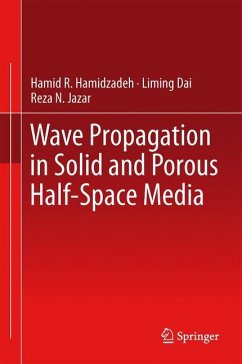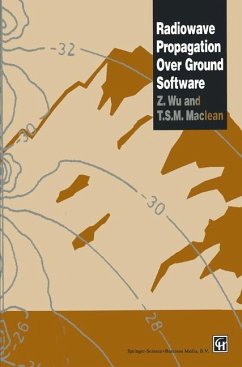
Mathematical Modeling of Swimming Soft Microrobots

PAYBACK Punkte
53 °P sammeln!
Mathematical Modelling of Swimming Soft Microrobots presents a theoretical framework for modelling of soft microrobotic systems based on resistive-force theory. Microorganisms are highly efficient at swimming regardless of the rheological and physical properties of the background fluids. This efficiency has inspired researchers and Engineers to develop microrobots that resemble the morphology and swimming strategies of microorganisms. The ultimate goal of this book is threefold: first, to relate resistive-force theory to externally and internally actuated microrobotic systems; second, to enabl...
Mathematical Modelling of Swimming Soft Microrobots presents a theoretical framework for modelling of soft microrobotic systems based on resistive-force theory. Microorganisms are highly efficient at swimming regardless of the rheological and physical properties of the background fluids. This efficiency has inspired researchers and Engineers to develop microrobots that resemble the morphology and swimming strategies of microorganisms. The ultimate goal of this book is threefold: first, to relate resistive-force theory to externally and internally actuated microrobotic systems; second, to enable the readers to develop numerical models of a wide range of microrobotic systems; third, to enable the reader to optimize the design of the microrobot to enhance its swimming efficiency.





